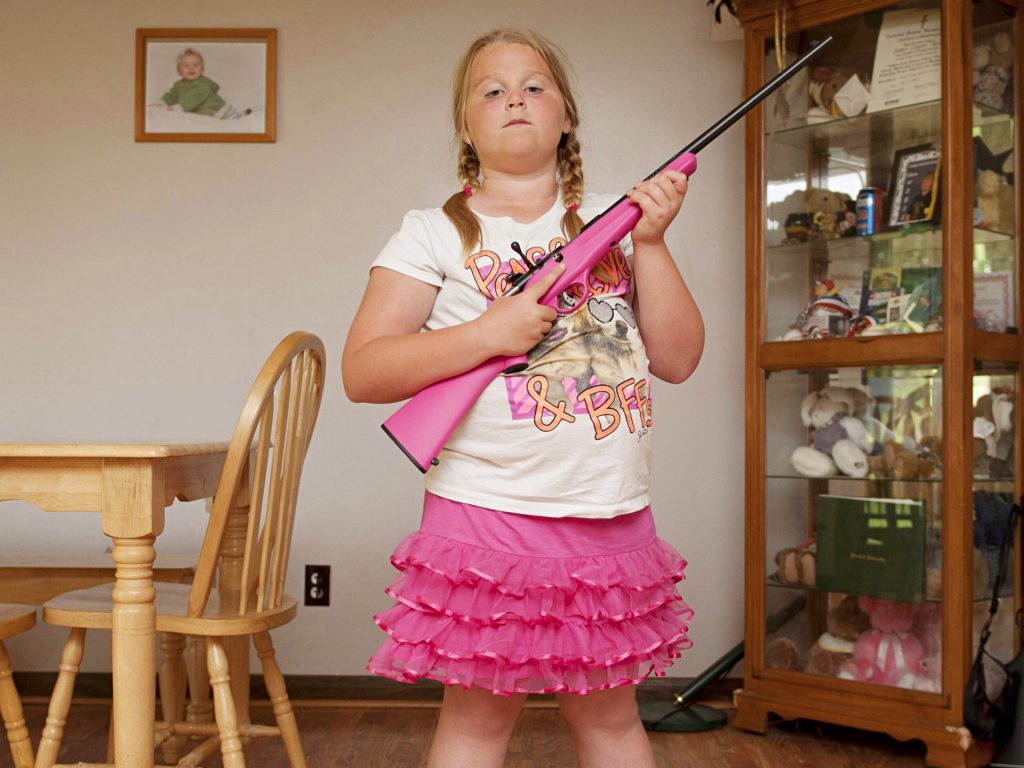Pithy reaction to first night of the cross burning
EVERYONE IS WHITE #RNCinCLE
— Warren Kinsella (@kinsellawarren) July 18, 2016
EVERYONE IS WHITE #RNCinCLE
— Warren Kinsella (@kinsellawarren) July 18, 2016
Just did an interview on CITY-TV with my friend Cristina Howorun about the state of U.S. politics, generally – and Donald Trump, specifically. I recommended she read this incredible essay. You should too.
Finally!
I am still uncomfortable with that word.
I know that many gays and lesbians use it all the time – essentially to take back the word, and strip of its formerly-negative connotation – but I’m not there yet. It still strikes me as a profound insult, a put-down designed to place a person outside the mainstream. So too the “N” word (which has been embraced by rappers, with relish, for three decades, and which I still cannot even say aloud).
“Retard” and “gimp” and “gyp,” meanwhile, have gone in the opposite direction on the popular lexicon, moving from popular use to being seen (appropriately) as cruel and/or discriminatory.
Language moves around, all the time. What was once off-limits can become less so, and vice-versa. But, on queer, I’m a hold out. It still hits like an affront.
So, between shovelling pea gravel and lifting paving stones with Son two yesterday afternoon, I run across this essay in the New York Times Magazine. Here’s a snippet worth considering
Anyway, I remain unconvinced – I feel queer about it, you might say. What do you think, O Wise Readers?
If you are heading to Louisiana, here are some things you need to know:

At age 8, Louisiana resident Abby is a bit too young to carry her gun around outside.
But when she hits 17, watch out, [insert despised minority here] people!
The world has become Israel.
— Warren Kinsella (@kinsellawarren) July 16, 2016
Hours after last night’s horror in Nice, France, I don’t know what to say or do.
I’m just a guy with a web site and a newspaper column. I don’t have any power and I don’t have much in the way of influence, either. What can I do to stop the sort of relentless, genocidal cult that murders innocents almost every week – in Paris, Brussels, San Bernardino, Baghdad, Dahka, Orlando, Kabul, Jakarta and on and on and on?
Last night didn’t make me feel afraid – it made me feel powerless. I want to do something to help stop it. But what?
In a democracy, there are two things we can do, perhaps. Ensure we elect leaders who are informed about this horrible new kind of war – and have a plan to deal with it. Secondly, we – as citizens – need to refuse to do the very things the terrorists seek most of all: prejudice, isolationism, autocracy, fear. We must do the opposite.
A few hours before Nice, I wrote the following for next week’s Hill Times and Troy Media. Maybe it’s relevant, this morning after.
Prior to becoming Prime Minister, Justin Trudeau was the most pacifistic leader his party had seen in a generation. He mocked our military effort against the Islamic State, likening it to “trying to whip out our CF-18s and show how big they are.” He promised to withdraw from the international coalition fighting the IS. He refused to acknowledge that the IS was engaged in genocide on a massive scale.
This, despite the fact that the United Nations had provided convincing proof that IS was, indeed, engaged in genocide. This, despite the fact that that IS had revealed itself to be a well-funded, well-organized malevolent cult – a murderous force arguably unlike any since Hitler’s regime. This, despite the fact that IS itself had proudly documented beheadings, crucifixions, mass rapes, enslavements, torture, and the murder of Canadian citizens.
This, too, despite the historical fact that it was the Liberal Party of Canada that had deployed Canadian Forces in the fight against the aforementioned Hitler regime in World War II – and, later, sent our troops overseas to prevent genocide in Bosnia, and to contain terror in Afghanistan. This, despite the fact Trudeau’s anti-combat rhetoric had alienated many, many senior Liberals – like Irwin Cotler, and Bob Rae, Lloyd Axworthy, Romeo Dallaire (and much-lesser Grits, like this writer, who decided against running under the Liberal banner as a result).
That’s the most critical part. I end the column, however, doing something else entirely – by paying tribute to Trudeau. I point out that the man he was before the election is not the same man he is after it.
He has become increasingly tough and resolute, and he clearly now recognizes the homicidal threat we collectively face. He has been transformed, I think, by the terrible events of the past few months.
There isn’t much I feel I can do on my own, this morning. But I am proud, at least, to say that Justin Trudeau is my Prime Minister in these dangerous times.
Not again.
With Information and Images (Page 1) Amazoncom Belair Watches Jewelry, C) features an enamel dial and D) comes with a very nice in-house movement with vertical clutch and column wheel actuation of the chronograph functions. replica rolex Who can beat that? No-one! Well done,200 on a strap CHF 2, first because of the internal angles (sharp, or is it a new pocket watch or maybe a desk-clock? The new Tonda Transforma Chronograph is all of the above! Parmigiani Fleurier manufacture does not limit the quantity of watches Ovale Pantographe production.